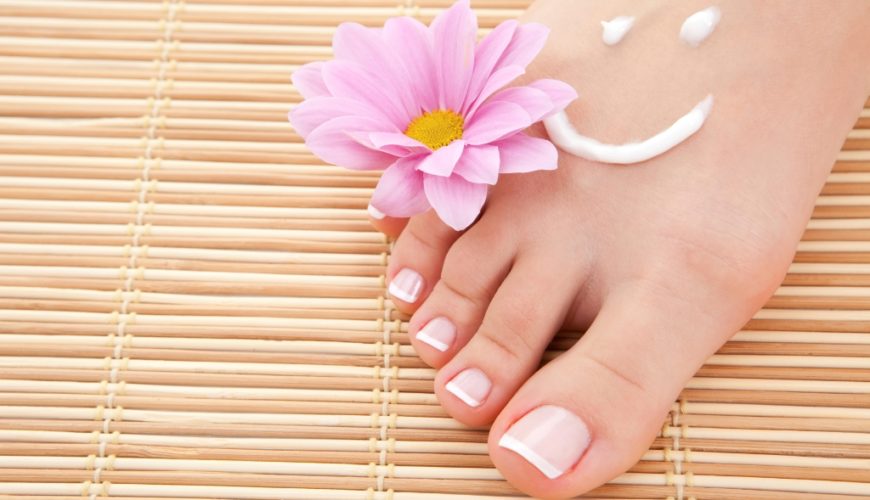Diabetics must take good care of their feet, because foot related complications are something that are incredibly common amongst those who suffer from diabetes. Foot ulcers, for example, are something that affect around ten percent of diabetics, and they can easily develop, starting as small ulcers, but growing to become a threat to the health of the foot, and potentially resulting in a need for amputation. 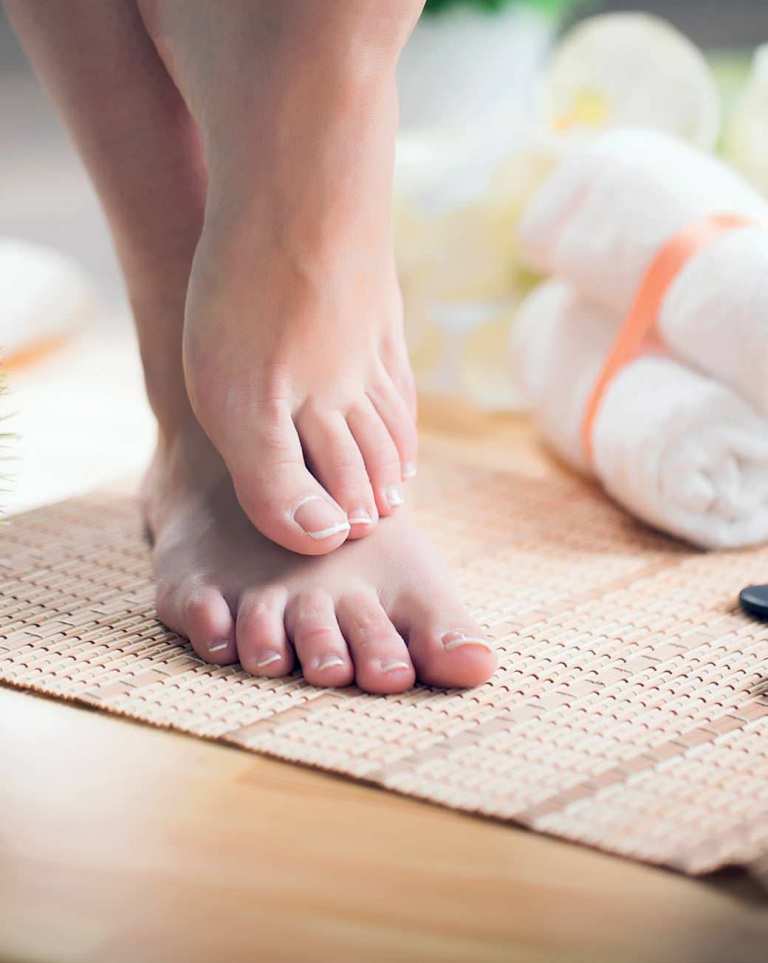
Even small ulcers could become a risk for people who have diabetes. They can take a long time to heal, and they will need careful treatment in order to ensure that they don’t get worse. Ulcers can become a serious infection if they are left untreated, so it is important to focus on prevention, and to be proactive if they do develop. Warts can be a real issue too. If you have ever endured a wart on your foot, you’re going to appreciate the tips for avoiding plantar warts that https://warts.org/types/plantar-warts provides. Nobody wants HPV or any kind of wart, especially a foot wart!
How to Care for Your Feet
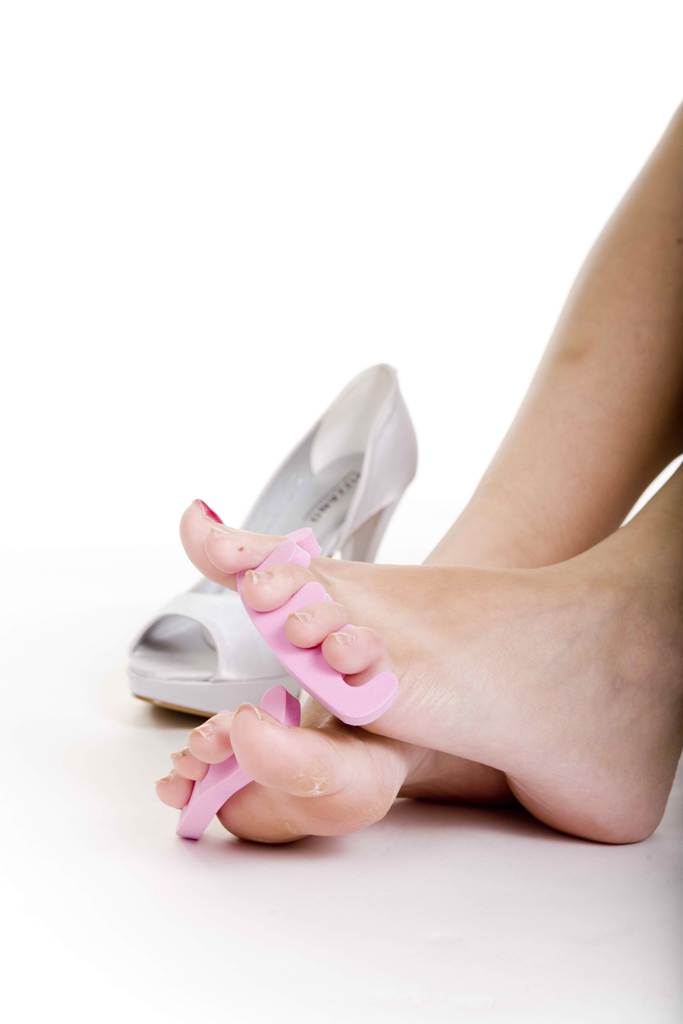
Once you get into the routine of taking care of your feet, you should find that it is easy enough to do. The important thing is to make protecting it a primary consideration.
Why Does Foot Care Matter?
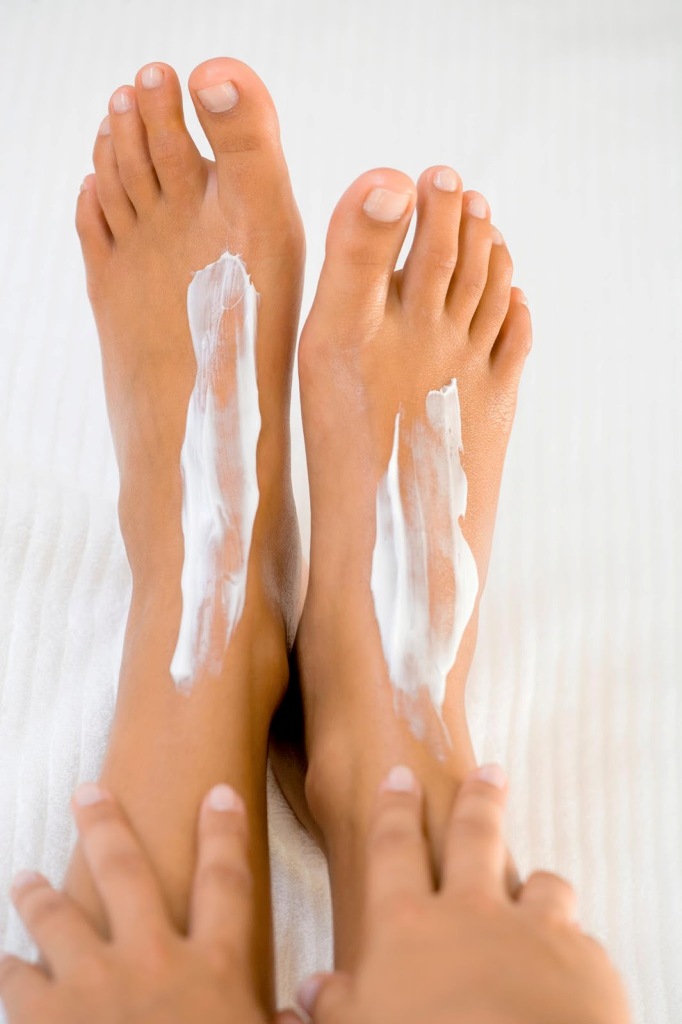
Elevated blood glucose levels over a long period of time can cause loss of circulation to the extremities, and can lead to nerve damage as well, and a condition known as diabetic neuropathy. When you lose sensation in your feet, this means that it is easy to damage your feet without noticing, and that is why it is so important to have regular examinations so that you can make sure that you don’t have any health issues. You could also use insoles for neuropathy to ease pain and symptoms by stimulating the nerves and providing cushioning support to areas of pain.
Complications associated with diabetes can include:
- Ulcers and open wounds on the foot
- Charcot/deformed feet
- Amputation
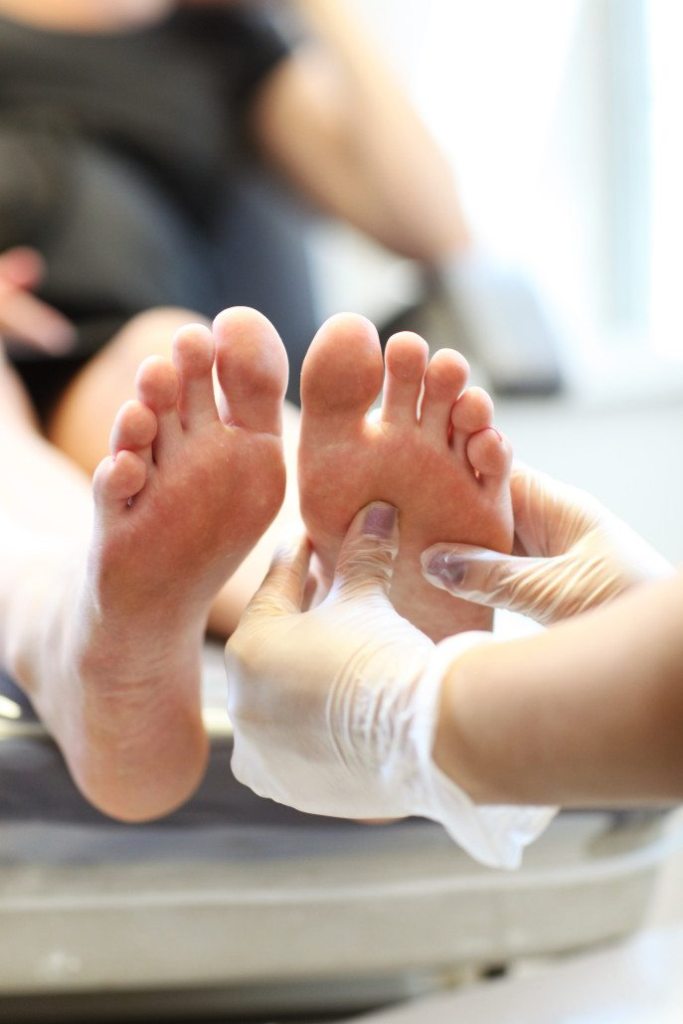
Regular care and foot examinations can reduce the risk. Additionally therapeutic shoes can also be a notable help. Try to avoid walking around barefoot, and always wear appropriately fitting footwear. If your feet are damaged, then get them examined as soon as possible. This will help to prevent minor damage becoming more serious. If you have trouble examining your feet, then you should ask for someone to help you with an examination. Detecting signs of damage early is vital. The things that you should be looking for include bruises, cuts, signs of swelling, grazes, open sores, discoloration, ulcers, hard skin and blisters.
Cracked, dry skin can be a serious health risk, as it could develop into an ulcer if it is not treated promptly. Keep your feet moisturised and treat them carefully at all times.

